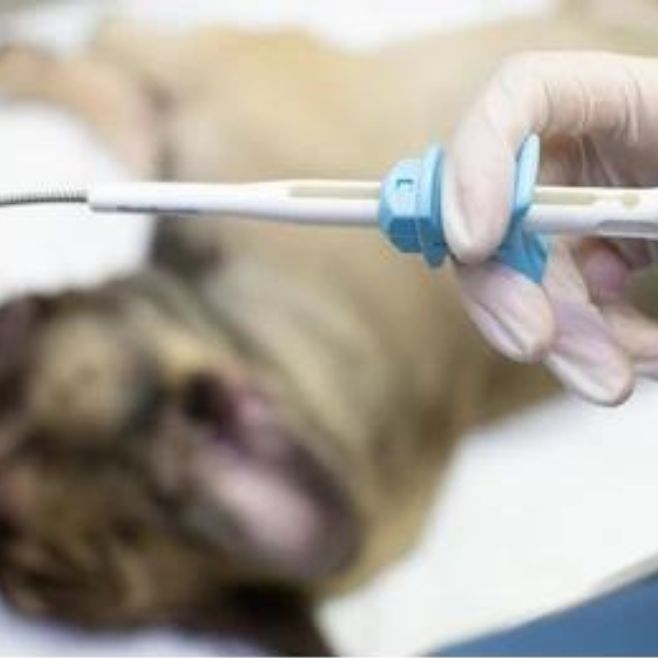
Senior Pet Care: Tips and Advice for Keeping Your Aging Furry Friend Happy and Healthy
Call (786) 536-5144
As your furry friend ages, their needs change. Senior pet care is crucial to keep them healthy and happy. Learn tips and advice for caring for your aging pet.

